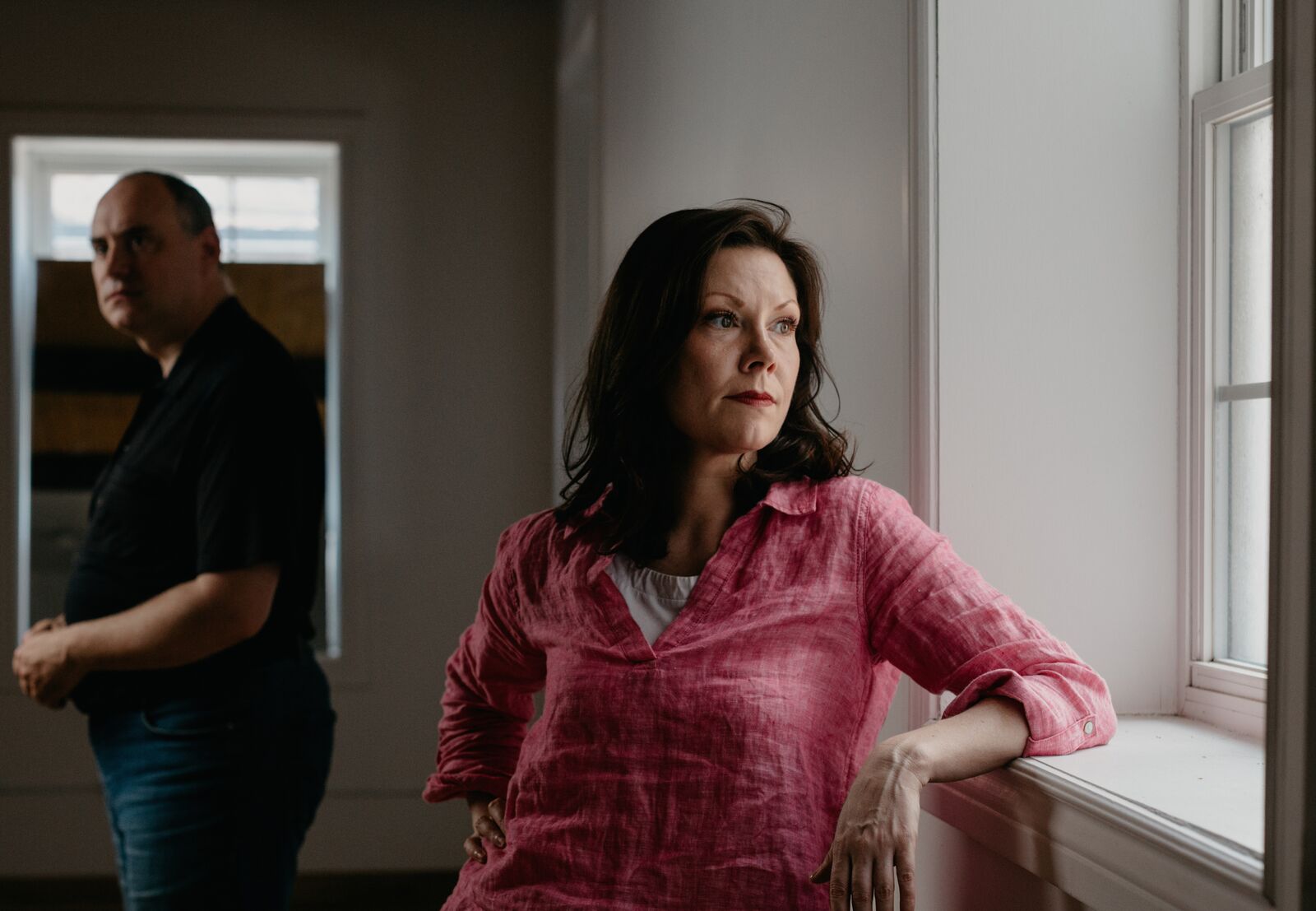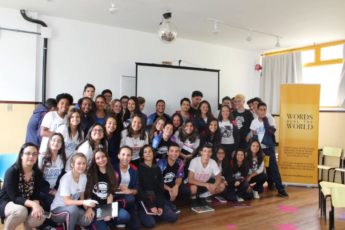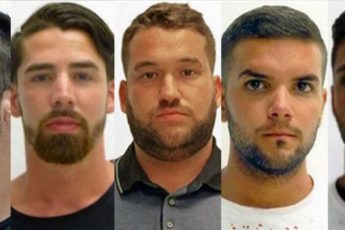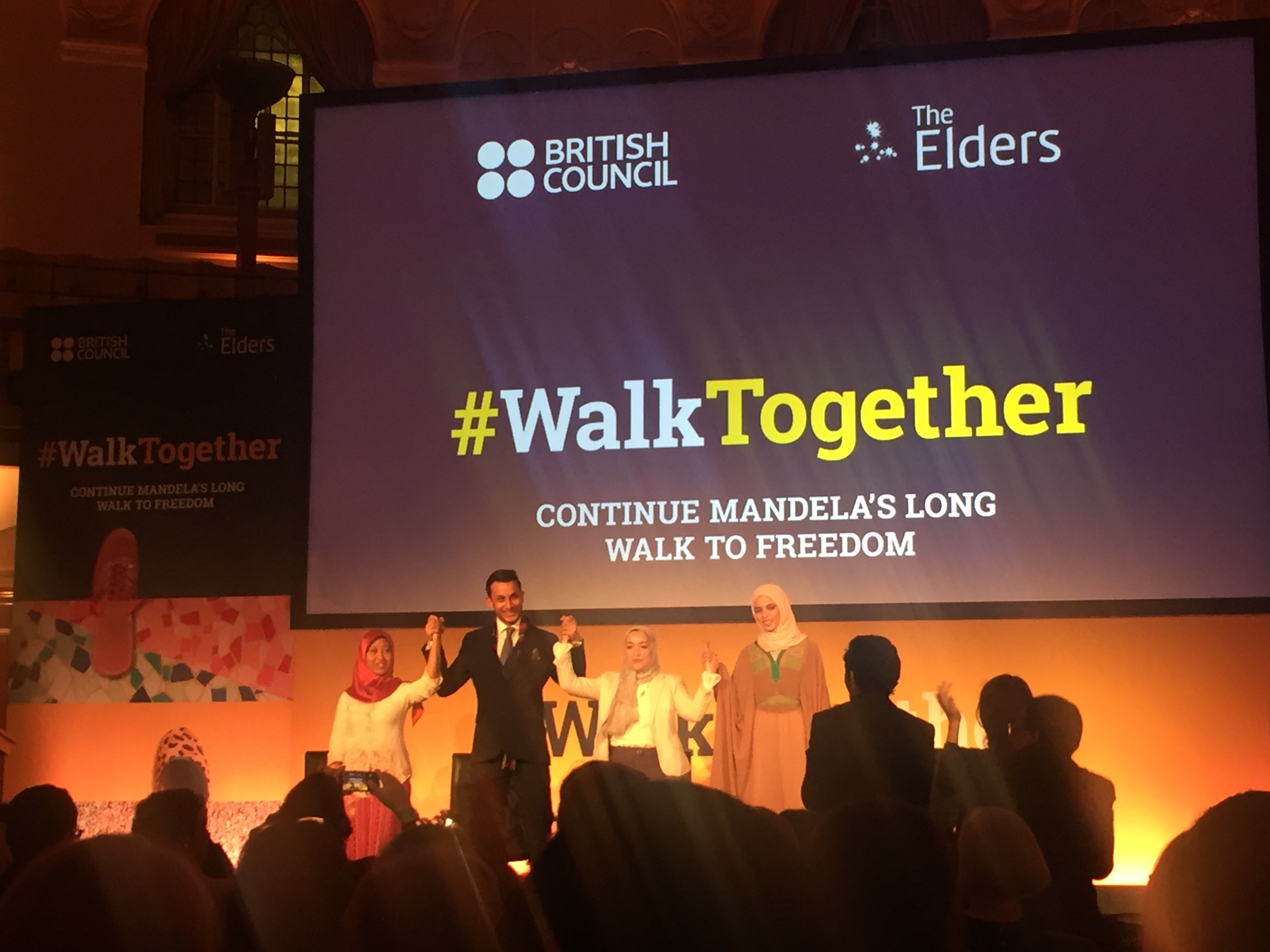
Trying to have a dialogue with people about extremism and radicalization has been a tough job nowadays. Xenophobic reactions and prejudice often block messages from who tries to speak about the suffering of someone affected by these issues. However, new ways to share contents about this subject and create engagement have been developed around the world.
A real story about a mother who lost her son after his decision to fight side by side with ISIS inspired Stephen Near, a writer from Canada, to create a play called “Your Own Sons”, exhibited at Hamilton Theatre Festival last month. The play was interpreted by the “Same Boat Theatre” – a group that regularly works with political issues – touched the audience and brought it to reflection.
Considered by critics “a powerful, exceptional drama”, “Your Own Sons” follows the story of Pauline, a mother whose son has left Canada to join ISIS. Desperate to understand his reasons, she sets out on a journey to find her own answers and confront her fate. Pursued by the government and the media, her path takes her into the heart of homegrown radicalization.
According to Stephen, the reactions from audiences have been very positive and many people were moved to tears in the final act. “Honestly, I would like to provoke dialogue in the audience after the show. The issue of terrorism and homegrown radicalization has been so hotly politicized in recent years. The play is a depiction of what happens when broad political and ideological concepts come to live with us in our homes and what we do with them when they do”, said Stephen.
Besides that, in his opinion, people need to understand the roots of extremist violence begin at home and in the communities long before the stories hit the headlines or become a talking point on TV. “I hope the play will stir up the debate with people that will continue it, long after the show is over”, he explained.
The play ends on an intriguing note: a conversation about to start but we don’t realize what conversation will be. “In this way, we are encouraging our audiences to have their own conversation, with us and with each other, after they leave the theatre”, he said.
A real story
The script made by Mr. Near is directly inspired by the story of Canadian mother Christianne Boudreau. Her son, Damian Clairmont, left Canada in 2012 after being self-radicalized in Canada. He told his mother he was going to Egypt to study Arabic but he actually went to Syria to fight alongside ISIS forces. He was killed by the Syrian military in 2014.
Miss Boudreau lost her son due to terrorism. However, many people don´t look at her as a victim of terrorism. She ended up suffering the consequences of a fault that is not hers. Living in France, her passport has been withdrawn by the government and she can’t have access to basic rights.
Another inspiration to the play was the story of Sally Evans, a British mother whose son left the UK to start a new life with the terror group Al-Shabab is also portrayed in the play.
Since “Your Own Sons” made its debut last July, Mr. Near has not received any new testimonial story from the audience, however, he hopes that a new story could emerge. According to him, the next step for the group is to reach out families who have experienced this kind of loss so as to integrate their stories into the narrative.
“Right now the play is a piece of fiction informed and inspired by real life but we may decide to use more ‘verbatim’ text (that is text that is directly taken from actual individuals) and weave it into the play”, he said.
Part of the fund raised with the festival performance of “Your Own Sons” was donated to Hayat Canada (http://wordshealtheworld.com/hayat-canada-family/) – an organization created to assist parents and families coming to terms with violence and radicalization involving their children. Following the festival, the group will focus on a longer version of the play early next year and maybe going on tour across Canada to other communities.
By Eduardo Carvalho




